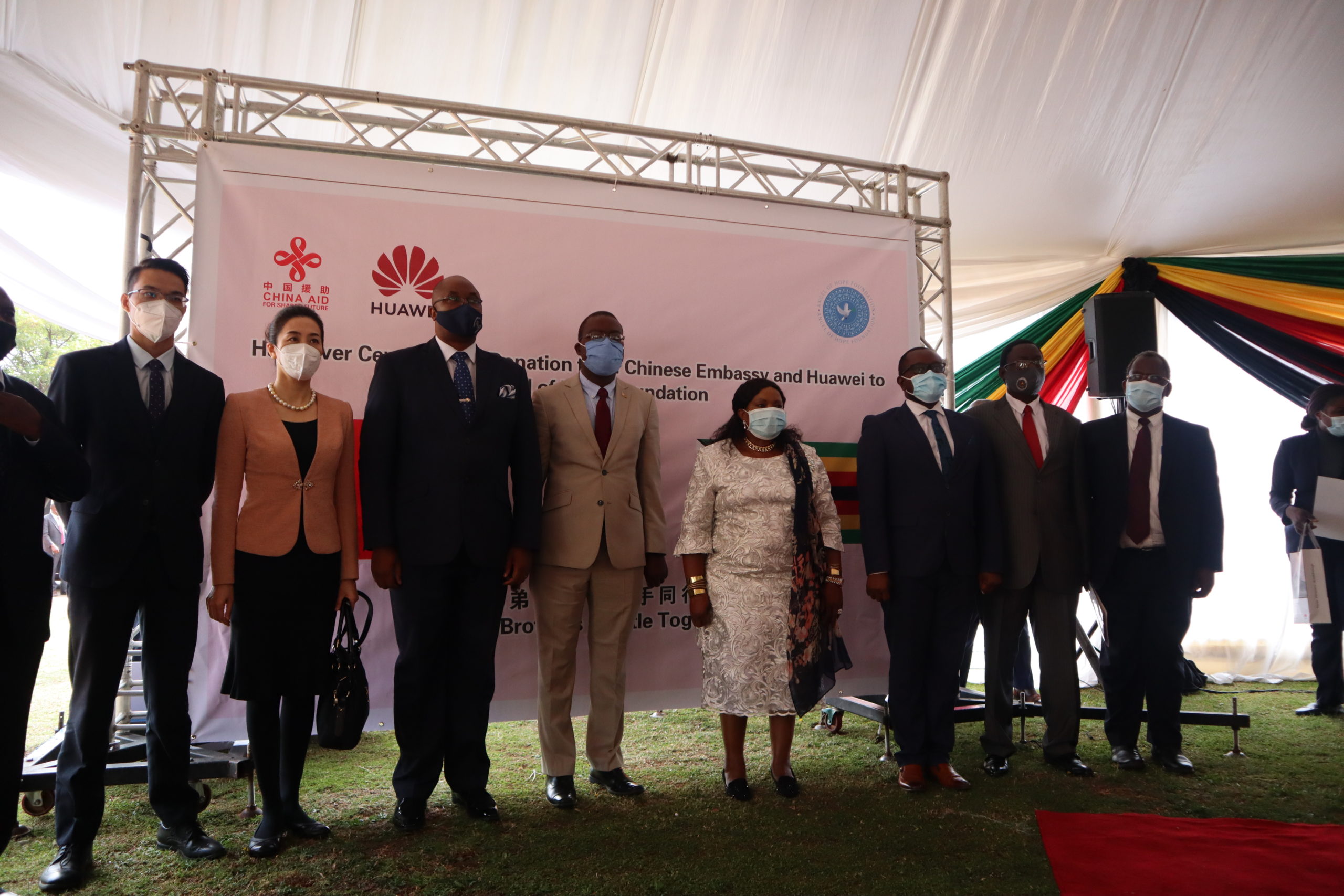FIRST Lady Auxillia Mnangagwa says in many of the academic programmes being offered in the country there is a gap between the knowledge learned in the classroom and the skills that are necessary in the real world.
A patron of the Zimbabwe Seeds for the Future programme, a corporate social responsibility arm of the Huawei Zimbabwe, Mnangagwa said China aims to enlighten and empower the Zimbabwean youth. The programme aims to increase the capacity and enhance the technical skills transfer to students and 10 students from the country’s universities have been selected to Shenzhen, China, Huawei’s headquarters for an Information Communication Technology (ICT) exchange programme.
“I am passionate about improving and promoting the youth of this nation…over the last three years I have been honoured to be part of this very important program, I have learnt that ICTs are crucial growth engines for many different industries. Because the young generation are key in the transformation of our economy, we must look into training the youth in ICT and human capital development for lasting expansion and progress in Zimbabwe,” Mnangagwa said.
“We live in a world of constant change and a world of competition and through most of these technologies we see today that everything is being done and concluded through virtual communication because of the Covid-19 pandemic that the whole world never anticipated.
ICT improves engagement and knowledge retention so we need the ability to produce and use information effectively. However, in many of our academic programmes there is a gap between the knowledge learned in the classroom and the skills that are necessary in the real world. Through the Seeds for the Future programme, Huawei helps resolve this problem.”
The First Lady added that this is the phase for everyone to try and move with the times by joining the ICT bandwagon.
“I acknowledge with gratitude this great opportunity of learning dual culture and technological advancement offered by the Huawei Seeds for the Future programme to talented ICT students from all over Zimbabwe,” she added.
“Huawei continues with this education programme because ICT will continue to be a significant part of our future as we get connected to more parts of our lives. We see that ICT is overall in all facets of life and this is the opportune time for you to be in this ICT.”
Huawei Technologies Zimbabwe (Pvt), Ltd managing director Chad Wei whose company in conjunction with the Chinese Embassy made a donation to the Angel of Hope Foundation said they are happy with their 22-year presence in the country since 1999.
“In our culture we have a very famous proverb saying that when you drink the water from a well, don’t forget the people that dug it. We appreciate the continuous support from the government of Zimbabwe and the Chinese Embassy. And it is our premium target to be a main contributor to the long standing friendship between Zimbabwe and China,” Wei said.
“Huawei Zimbabwe is committed to serve the interest of the nation through our two main missions. The first one is to promote ICT industry and digital economy development in Zimbabwe with our advanced cost-effective technology; the second is to make maximum contributions to the community and society development through our capacity building, skills transfer and CRS programme.”
The Seeds for the Future programme is Huawei’s flagship CSR programme that has been in existence since 2008.
“The programme is to nurture ICT professionals, develop local ICT talent, enhance knowledge transfer and promote a greater understanding of the ICT sector among the youth in the countries where we operate. It offers the undergraduate students cutting edge ICT training and Chinese cultural experience,” added Wei.
“We believe it is crucial that global companies like ourselves partner with universities in skills transfer. In this way we will enable Zimbabwean universities to provide the skilled workforce that match employers’ needs, and that will drive the continued transformation of the economy. ”




